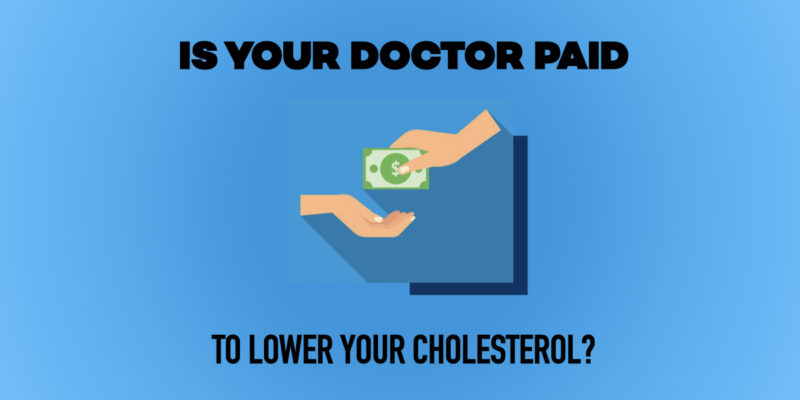If Your Doctor Recommends Against Vitamin D, Here’s Why
Vitamin D is known to reduce bone loss, but the NEJM advises against its use. The prestigious New England Journal of Medicine, which has recently tarnished its reputation by refusing to publish articles unfavorable to popular prescription drugs, is barreling forward this week with its anti-natural, anti-health approach to medicine in asserting that vitamin D should not be universally recommended for postmenopausal women with low levels of vitamin D, and stating that we need a 5-year randomized trial before we can safely recommend its use for reducing the risk of heart disease or cancer.*The journal describes a postmenopausal woman in her…


